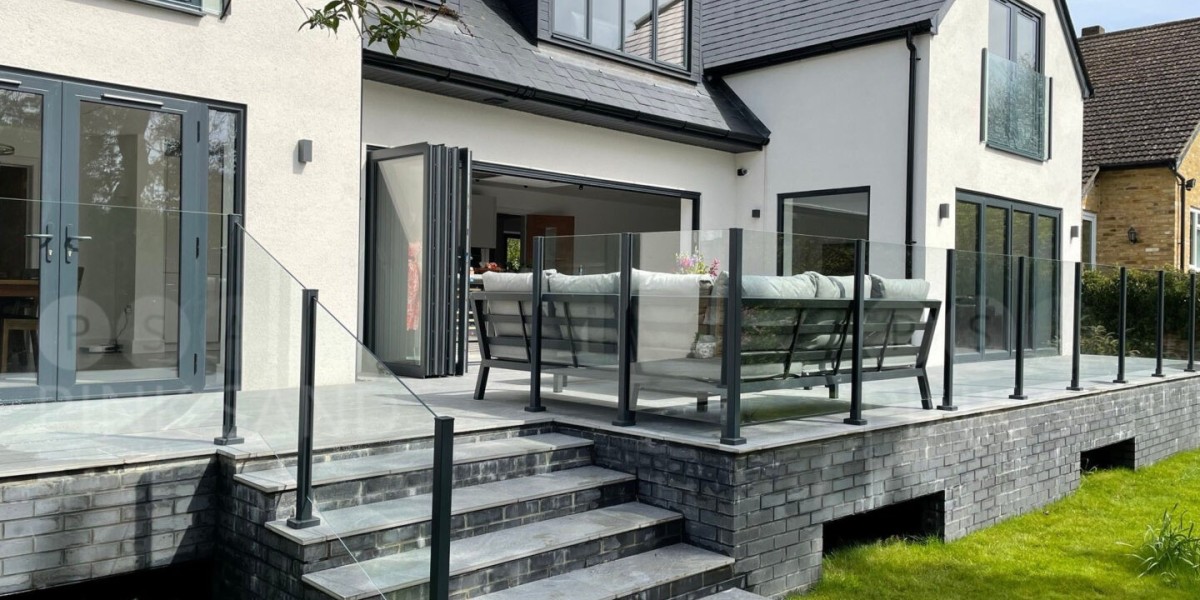In games like Monopoly Go, many players notice a strange pattern: as you progress, it feels like building prices keep climbing faster than your earnings. Even when the actual numbers make sense in the game’s economy, the perception of “it’s getting more expensive” remains. This feeling isn’t just about game mechanics—it’s rooted in how our brains process value, effort, and reward.
1. Anchoring Bias: Your First Price Becomes the Benchmark
When you first start building in Monopoly Go, you might pay a small, manageable amount of in-game currency for a house or landmark. That first cost becomes your mental “anchor,” a subconscious benchmark for what feels reasonable. As the game progresses and prices naturally rise, your mind compares them to that original, lower price, making each new cost feel disproportionately high.
2. Loss Aversion: Spending Hurts More Than Gaining Feels Good
Psychologists have found that humans experience losses more intensely than equivalent gains—a concept known as loss aversion. In Monopoly Go, spending a large sum on a building feels like a bigger loss than the satisfaction you get from completing it. Even if your earnings are keeping up, the act of spending more chips or gold feels like you’re giving up something valuable.
3. The “Effort Inflation” Effect
When you’ve invested time and effort to earn resources, you unconsciously value them more. If you had to grind for hours to afford an upgrade, the high cost can feel like an even bigger blow, regardless of the game’s actual balance. This makes each step up in building cost feel heavier than the last, even if your income is scaling alongside it.
4. Progression Curves and Perceived Fairness
Game designers often use progression curves where costs rise exponentially to maintain challenge and engagement. While this ensures the game doesn’t become too easy, it also amplifies the feeling that things are becoming “unfairly” expensive. Even if the math works out, the human brain tends to equate steep price jumps with scarcity and difficulty, which can lead to frustration.
5. Social Comparison and Status Pressure
If you’re watching friends or leaderboard rivals complete upgrades faster, you may perceive prices as higher because your relative progress feels slower. This comparison-driven stress makes costs seem more punishing, especially if you believe others are paying less effort for the same rewards.
How to Beat the “It’s Too Expensive” Feeling
Reframe your benchmarks: Instead of comparing current costs to your starting point, compare them to your current income rate.
Focus on milestones: Celebrate each completed building rather than the cost it took to get there.
Plan ahead: Knowing in advance what the next big upgrade will cost can reduce the shock factor.
Use resources smartly: Look for opportunities to gain extra rewards or discounts, so rising prices feel like a challenge instead of a burden.
Final Thoughts
The feeling that building prices are skyrocketing isn’t always about the numbers—it’s about the mental shortcuts and emotional reactions we carry into the game. Understanding these psychological mechanisms can help you manage your mindset, plan your strategy better, and enjoy the game without feeling weighed down by “expensive” upgrades.
To keep your momentum strong and tackle the next stage of building with confidence, visit mmowow gold to get monopoly go dice and keep your progress rolling.









